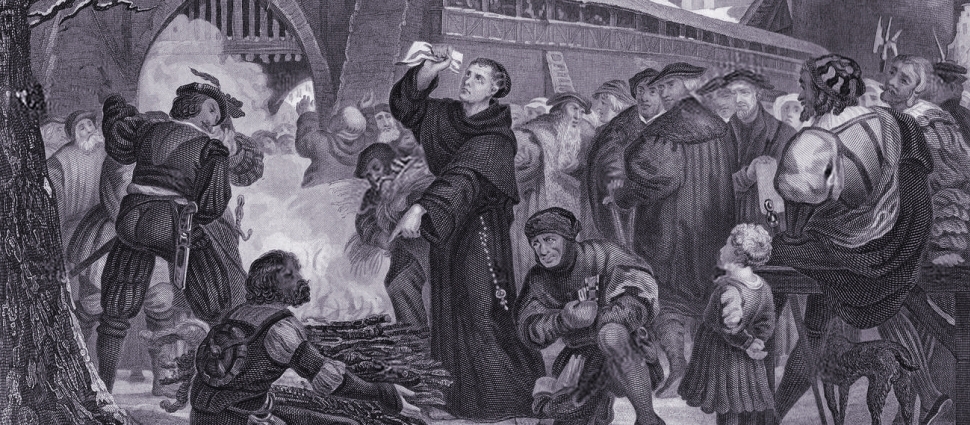Monday, March 16, 2020

Beginning today I plan on posting daily (Mondays – Fridays) devotions for anyone interested. First and foremost these are for the folks I get to serve as pastor at Covenant Presbyterian Church. But I hope they are encouraging to anyone who may happen upon them.
I’ve been preaching through Genesis so I figure I’ll start with the passage I preached this week.
Genesis 12:1-9
There are tremendous riches here not least of all the first announcement of God’s covenant with Abraham; the everlasting covenant of grace.Remember where and who Abram was when the Lord called him. He was raised in the pagan city of Ur. No doubt his view of reality was shaped by that wicked culture. Not only did Ur have within its walls a ziggurat dedicated to the moon god Nanna but human sacrifice was practiced there. By grace the LORD called this man out of darkness and into his marvelous light. Indeed, the former idolater Abram would become Abraham the worshipper of Yahweh. He entered Canaan to declare the universal dominion of the Lord over that pagan land.
“And Abram took Sarai his wife, and Lot his brother's son, and all their possessions that they had gathered, and the people that they had acquired in Haran, and they set out to go to the land of Canaan. When they came to the land of Canaan, Abram passed through the land to the place at Shechem, to the oak of Moreh. At that time the Canaanites were in the land. Then the LORD appeared to Abram and said, ‘To your offspring I will give this land.’ So he built there an altar to the LORD, who had appeared to him.” (vv. 5-7)
The clause "the place at Shechem" seems to indicate the site of a pagan shrine. The “oak of Moreh” was almost certainly a sacred tree to Canaanites. And to Abraham and his offspring the Lord promises to give this idol laden land. It was at Shechem that the people of God had to make the choice between cursing and blessing; between Mt. Ebal and Mt. Gerizim. At Shechem Joshua gave his final address to the people of God. At Shechem the kingdom of Solomon was divided. And here, God brings Abraham to Shechem in the very shadow of a Canaanite shrine and promises the land will soon change tenants.
Notice Abraham’s response: “So he built there an altar to the LORD” (vs. 7). Abraham built an altar in the very shadow of the paganism of the world in which he now lived. This was a defiant declaration that God's dominion extends everywhere. The LORD Is not a regional or ethnic deity. His rule extends over all the earth and over all peoples. Abraham’s altar declared this fact.
This is the life of the Christian in a pagan land. It is the life of the Christian anywhere in this fallen world. Our lives, our worship, our words, our families, our fellowship, our attitude toward money and possessions, our views on marriage, sexuality, and human identity, the way we love each other and love our neighbor – all of it! – stands as a living witness against sin; against the world’s idolatry of sex and money and power.
And such a life will always make us strangers and pilgrims in this world.
“From there he moved to the hill country on the east of Bethel and pitched his tent, with Bethel on the west and Ai on the east. And there he built an altar to the LORD and called upon the name of the LORD. And Abram journeyed on, still going toward the Negeb” (vv. 8-9).
Notice the two things Abram is described as doing in verse 8: He pitched his tent and builds an altar. Even in the Land of Promise Abraham lives in impermanent dwellings. This will be his practice and that of his descendants. “By faith he went to live in the land of promise, as in a foreign land, living in tents with Isaac and Jacob, heirs with him of the same promise” (Hebrews 11:9).
Abraham knew that even the land which the Lord had given him was not his permanent home. So he lived like a nomad in the land of promise. Are we Christians any less nomads? Are we not “sojourners and exiles” so long as we live in this fallen world? (1 Peter 2:11). Abraham lived like a visitor but worshipped like a permanent resident. His altars to the LORD would stand for many generations after his tents had fallen apart and passed away.




